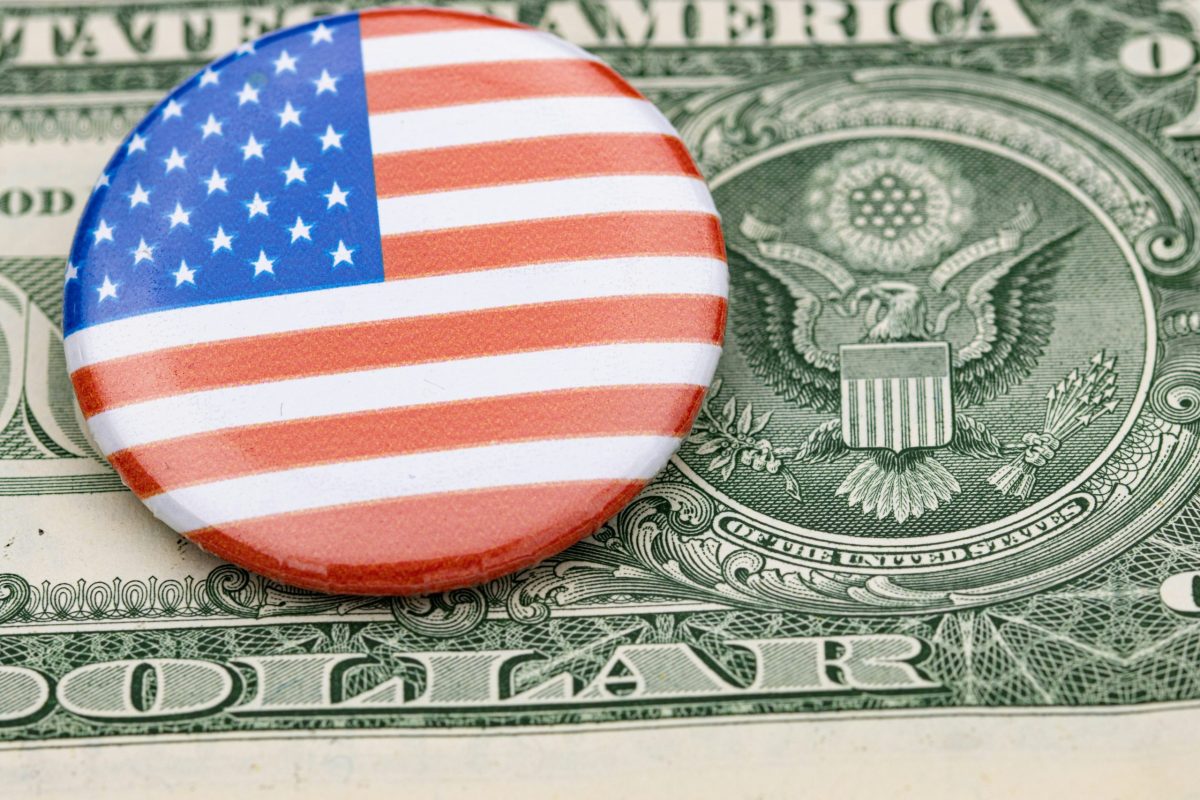We all want to make a difference. Whether it’s fighting injustice, helping our communities, or creating lasting change, we’re wired to care. But in today’s emotionally charged, politically tribal culture, many people are channeling that care into political campaign contributions—often with little return on that investment.
This post isn’t about criticizing your politics. It’s about challenging you to think critically about how your money is used and whether it’s actually achieving the impact you hope for.
If you want to make the world better, there’s a better way to give.
The Emotional Pull of Politics
Let’s be real: campaign messaging is crafted to stir emotion.
- “This is the most important election of our lifetime.”
- “We must fight back before it’s too late.”
- “Donate now to save our democracy.”
It feels empowering to click “Donate $25” and believe you’re helping shift the future. And emotionally, that’s a satisfying act of engagement.
But after that candidate wins—or loses—what really changes?
Reality Check:
- Your donation doesn’t buy policy change. Even well-intentioned elected officials face massive gridlock and compromise.
- Your money may help ads, but not outcomes. It fuels the machine, not necessarily the mission.
- The system is slow and bloated. It’s not built for agility or real-time problem solving.
Meanwhile, the problems you care about—poverty, education, healthcare access—are being addressed every day by organizations outside of government. These are the boots-on-the-ground efforts that don’t need legislation to move.
🧠 Common Objection: “If I Stop Giving, the Other Side Wins”
One of the biggest reasons people keep giving to campaigns—even when they’re skeptical of the system—is fear:
“If people like me don’t give, the opposition and big donors will take over everything.”
And yes, political campaigns do have reasons for pushing small-dollar donations.
🎯 Why Candidates Emphasize Individual Contributions
Over the last few years, political parties have built primary qualification rules that depend on individual donors:
- Certain debates and primaries require candidates to reach thresholds of individual contributors.
- More donors can lead to more media exposure and party support.
- Campaigns use these metrics as a proxy for grassroots legitimacy.
So yes—your $10 may help someone stay in the race.
But here’s the bottom line:
Just because political parties have created a game around donations
doesn’t mean you have to play it.
You’re not required to fund a system that often rewards outrage, gridlock, or performative politics. Your money is your power. Use it wisely.
💥 Big Money Doesn’t Always Win
Look at the 2024 presidential election:
- Huge fundraising didn’t secure victories. Candidates who raised eye-popping totals still lost major primaries—or the general election itself.
- Real momentum came from ideas and trust, not bank accounts.
- Voters weren’t swayed just by spending. Many campaigns flopped despite massive ad budgets.
Giving to political candidates doesn’t guarantee change. Often, it just guarantees more noise.
🧭 You’re Not Powerless—You’re Just Redirecting Your Power
Opting out of campaign giving isn’t disengagement—it’s re-engagement with a better way to help.
- Give to local causes doing real work.
- Support people solving problems now—not later.
- Use your resources for healing, not horse races.
A Better Way to Give
If you care about societal impact, you deserve to know where your dollars go furthest. Here’s what $100–$500 in political donations might buy in a campaign:
- A couple hours of digital ad placement in a battleground state
- A single spot on a local radio station
- A batch of campaign text messages you probably ignore anyway
But here’s what that same money could do outside of politics—starting now:
💡 Fund Community Impact
$100–$300 can:
- Provide a month of groceries for a family of four through a local food pantry
- Cover after-school tutoring or college prep workshops for multiple students
- Help a domestic violence shelter provide basic hygiene kits and emergency housing for women and children in crisis
For every $1 donated to local community-based nonprofits, up to 85–90¢ goes directly to programming (compared to campaign overhead and consultant fees).
💡 Direct Support and Mutual Aid
Want to make an immediate difference? With $25–$200, you could:
- Pay for a neighbor’s prescription co-pay or utility bill
- Buy a working parent a tank of gas to get to work
- Help a student buy textbooks or supplies for the semester
No middlemen. No waiting. Just real needs, met with real kindness.
💡 Empower Nonprofits and Entrepreneurs
A one-time donation of $500 to a grassroots nonprofit could:
- Fund a financial literacy class for an entire group of teens
- Sponsor mental health support for underserved communities
- Buy tools or seed funding for a local entrepreneur creating jobs in your zip code
Unlike campaign donations, these gifts aren’t trying to win votes—they’re solving problems.
Why It Matters
Political contributions feed campaigns. Effective giving feeds people.
Your money is a tool. It can buy 30 seconds of air time—or 30 meals. It can fund another round of campaign texts—or help someone escape debt. It can amplify noise—or build something lasting.
The question isn’t whether you’ll make a difference.
The question is whether you’ll choose a method that actually works.
Final Thoughts
This post isn’t about guilt—it’s about clarity. You care. You want to help. That’s powerful.
But your generosity deserves more than slogans and soundbites. It deserves real returns. So before you hit that “donate” button in your inbox, ask:
- Who will actually benefit from this money?
- Is this the best path to solve the problem I care about?
If the answer makes you hesitate, that’s okay. There’s a better way.
Because in the end, the world doesn’t need more campaign dollars. It needs compassionate, strategic generosity. It needs you.
And remember: the most powerful political act isn’t giving money—it’s casting your vote.
Elections aren’t won by the biggest wallets. They’re won by the most ballots.
So if you want to make a difference, give generously—and vote faithfully.

Leave a Reply